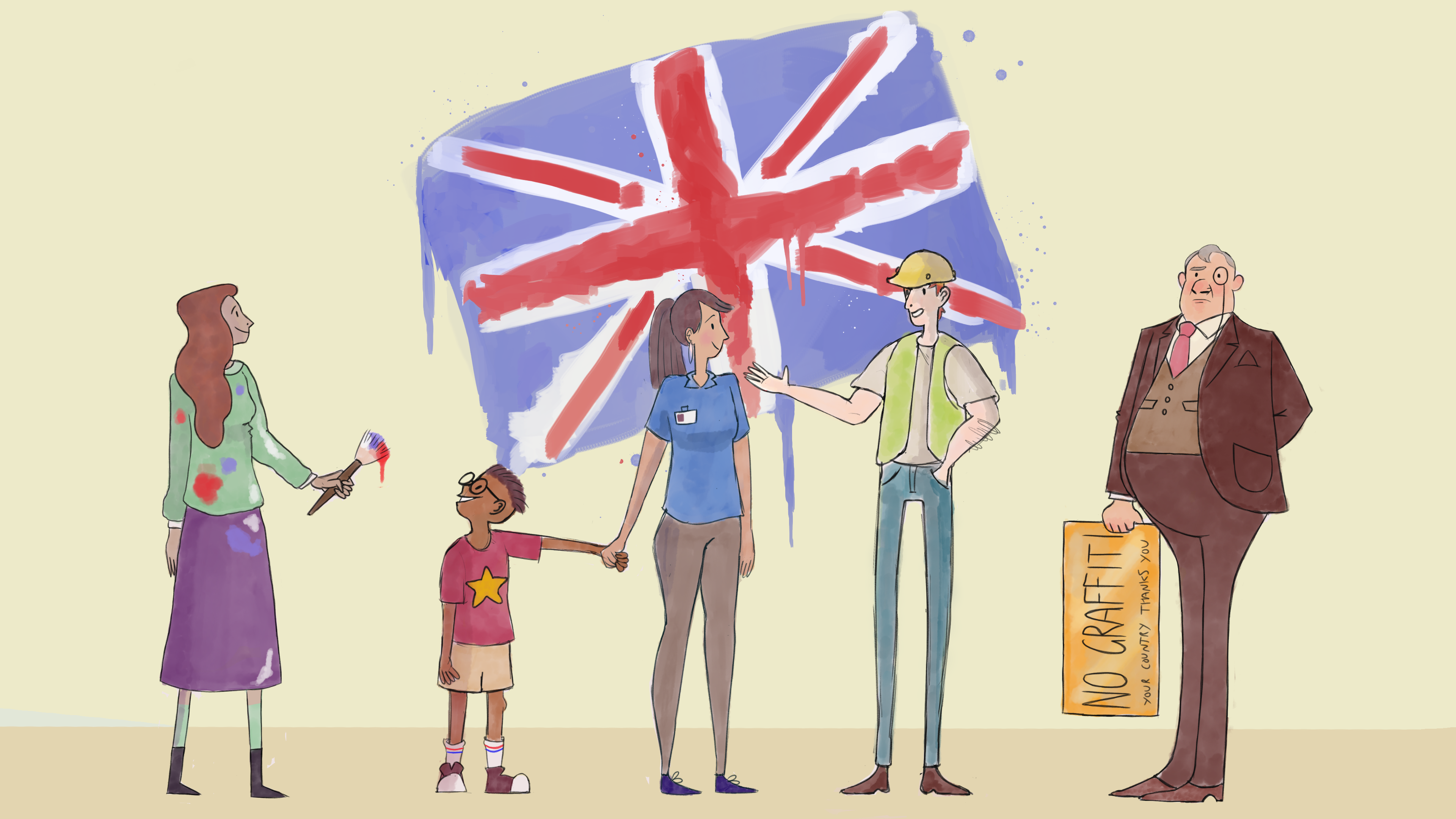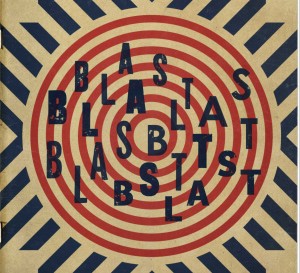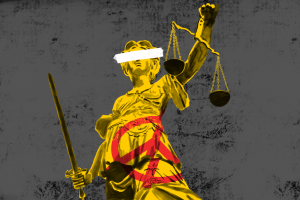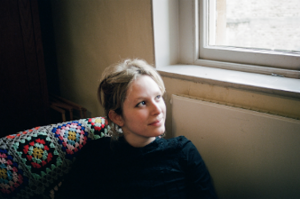
Elitism and Traditionalism in Modern Britain
by Jay Staker | March 27, 2018
Britain is often heralded as one of the most successful societies in modern human history. We peer out at the world and recoil from the dictatorships and the oppressive regimes that we see, glad that we are not one of them. But British politics has serious problems of its own, and they should not be met with complacency. The historical development of our institutions and traditions means that we have inherited a system built by, and built for, elites. It is a system often shaped by expediency, in which power and privilege are preserved in the name of tradition. In the wake of the Brexit vote, an event that was characterised as a declaration of war on the establishment and the status quo, we can no longer ignore the need for fundamental change in the way our own politics and society operate, lest we count the divisions and uncertainty of Brexit as merely the beginning of our troubles.
When one thinks of elitism in the UK, one immediately thinks of Westminster. Its second chamber, the House of Lords, can hardly be considered anything other than an anachronistic hang-over from a time when wealth and status determined your right to rule. Such regressive ideas live on through the hereditary peers, those Lords entitled to scrutinise, delay, and propose amendments to our laws simply because they are of a privileged pedigree. While most hereditary peers were removed in 1999, 92 were allowed to keep their seats and continue to exercise an active influence. The fact that certain bishops in the Church of England are able to sit as Lords Spiritual should be equally alarming to a democrat – this arrangement is unduly exclusive, a remnant of a time when the church and state were one and the same. However, the vast majority of the Chamber consists of life peers who are appointed by the government. It is problematic enough that these appointments are partisan and made without public consultation, but the process is only made worse when one considers some of the people who have been admitted. Douglas Hogg, for example, was granted life peerage in 2015 despite the fact that he had spent approximately £2,000 of taxpayers’ money to clean the moat of his country estate when serving as an MP. There are currently around 800 Lords, each of whom is entitled to a daily allowance (in effect a salary) of up to £300. Some are very hard-working. But none of them have a democratic mandate. It is perverse that the only elected members of the House of Lords are the hereditary peers – when one of their number dies, the remaining hereditary peers choose another aristocrat to take their place.
There are some who are willing to defend the House of Lords, usually on the grounds that it is of some unique importance to our democracy. We often hear arguments about how it has a crucial role in checking the government, that it contains people of various expertise and experience, that it is part of the smooth functioning of our democracy. But these merits are in no way exclusive to the House of Lords. Elected second chambers in other democracies perform just as well. It is simply wrong to suggest that countries like Australia and Canada, with elected second chambers, have governments that lack sufficient checks and expertise. These arguments, which regard the House of Lords as some unique asset, derive from the same confused sense of traditionalism, the notion that our system has worked so far and is therefore good enough and doesn’t need to be improved. But past efficacy speaks nothing of present suitability, and such thinking serves only those elites who reap the benefits of this antiquated system.
However, there is a much more powerful centre of traditionalism and elitism in the UK, one which is even more resistant to change. The monarchy has managed to achieve something the House of Lords could not, embedding itself not just in our constitution, but in our culture. The pomp, the Jubilees, the birthdays and the weddings, the public addresses and the days off work all serve this purpose. To criticise the monarchy has for so long been to criticise ‘Britishness’. But the question of the monarchy is one of class and of equality, disguising itself as one of identity. At one point, the leader of Windsor council announced his intention to clear rough-sleepers from the streets ahead of the fairy-tale wedding of Prince Harry and Meghan Markle. To relinquish the monarchy, far from being anti-British, would be a declaration that we no longer need a figurehead to assure us of our national resilience and unity when sailing in rough waters. It would be the recognition that we are united by our values, not our head of state. Above all, it would be the rejection of an exclusive society where some are born to wealth and political power, and others are simply not.
It would be foolish to reject British traditions and institutions in themselves, or neglect to acknowledge their role in creating the relatively free and fair country most of us enjoy today. Indeed, they are part of the collective British story. But one must distinguish between expressive and oppressive traditions – between those that are part of the national fabric and those that serve only to obstruct progress. Too often, traditions are a way of maintaining elite power structures. The nebulous idea of ‘Britishness’ is invoked to defend archaic institutions and a dysfunctional status quo. Doing away with institutions like the House of Lords and the monarchy would mark a major transition towards a society free of classism and elitism. While achieving this would undoubtedly require time and political will, the result – a fairer society and a fairer politics – would surely be worth it.
Illustration by Molly Marie.




